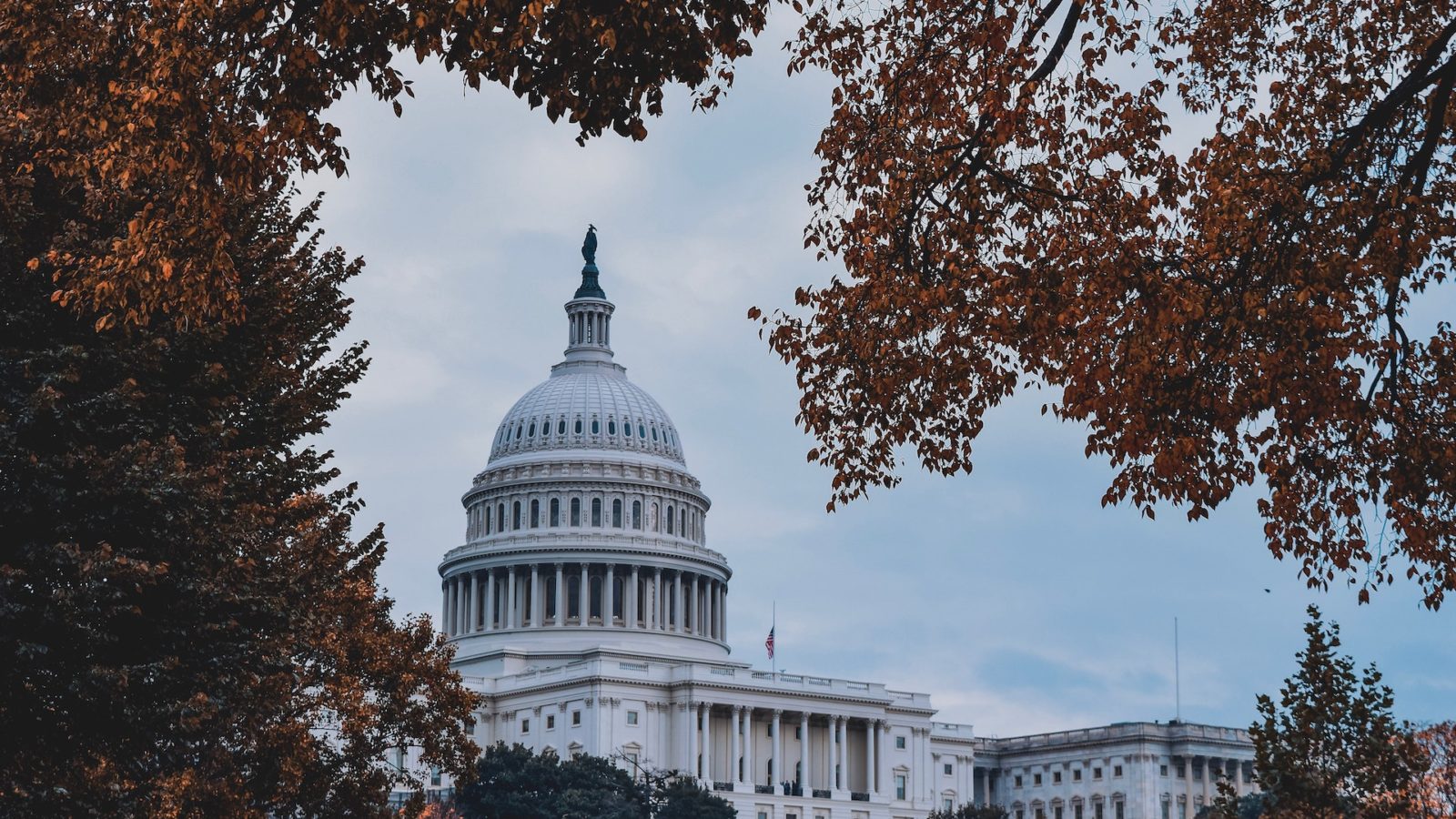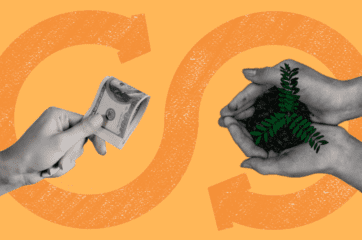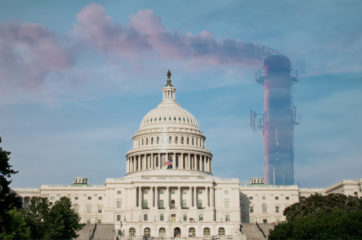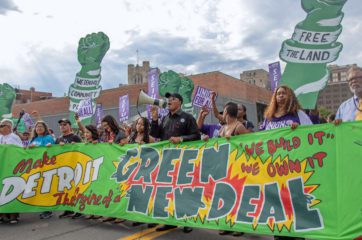This article was submitted by a member of our State Climate Policy Network (SCPN) — a rapidly-growing program within the organization that includes more than 16,000 advocates and policymakers across the country who are pushing for effective and equitable climate policies in their states. The views, thoughts, and opinions expressed in this article do not necessarily reflect those of Climate XChange.
Interested in submitting an article to be posted on our website?
Author: Edidiong Mendie, Ph.D.
Mother Earth, our only home, is threatened by climate change. Carbon pollution pricing is a crucial policy to achieve carbon dioxide emissions reductions.
Carbon pollution pricing places a fee on carbon emissions, making fuels and manufacturing processes that emit carbon increasingly expensive. There is thus a powerful incentive to develop more environmentally friendly manufacturing processes and energy sources. The Intergovernmental Panel on Climate Change supports carbon pollution pricing, as does the United Nations Global Compact. U.S. Treasury Secretary Janet Yellen also agrees that “we cannot solve the climate crisis without effective carbon pricing.”
A significant step towards a carbon pollution pricing policy in the United States was taken in April 2021, when Representative Ted Deutch (D-FL) re-introduced the “Energy Innovation and Carbon Dividend Act” (H.R. 2307). The bill has already garnered the support of 84 members of Congress. It was co-sponsored by Bay Area Representative Anna Eshoo. Other support? The Los Angeles County, City of San Jose, and the Silicon Valley Leadership Group supported the bill in principle in the last Congress.
Deutch’s bill — the Energy Innovation and Carbon Dividend Act (EICDA), first introduced in 2018 — will place a fee on carbon pollution. This fee is paid to the government by the businesses importing or mining fossil fuels. The revenue raised would then be returned to the American people as a monthly dividend or “carbon cashback” to spend without restrictions. The EICDA shows that most low- and middle-income Americans would receive as much or more in dividends as they would pay in increased energy prices.
The EICDA will put the U.S. on the path to carbon neutrality by 2050. By putting more dollars into people’s pockets, the carbon pollution pricing in the EICDA will grow the economy and incentivize clean, affordable energy.
The EICDA promotes environmental justice by holding greenhouse gas emitters responsible for their pollution in line with the “polluter pays principle.” A 2019 report by the Union of Concerned Scientists showed that Latinos, African-Americans, Asian-Americans, and low-income communities in California are exposed to higher rates of air pollution than other demographic groups. These frontline communities are often located close to polluting facilities due to historical racism. By reducing air pollution, the EICDA would save millions of lives and alleviate the outsized burden on frontline communities.
Preserving a safe climate should be a nonpartisan effort devoid of politics because we all rely on the environment. Recently, several large businesses and organizations, as well as right-leaning politicians, have publicly endorsed carbon pricing or some sort of market mechanism to address climate change. The list includes: the American Petroleum Institute (the largest oil and gas lobby in the U.S.),
CEOs of top businesses (Tesla, Microsoft, Nike, eBay), Royal Dutch Shell PLC, BP PLC, Unilever PLC, former Republican Representatives-Carlos Curbelo, Francis Rooney, current Republican Representative Brian Fitzpatrick (R-PA), and Senator Mitt Romney (R-UT).
These endorsements support the popularity of carbon pollution pricing, faith in its effectiveness, and provides an opening for bipartisan action in Congress.
The worst effects of climate change will become “baked in” in a few years, and the changes will become irreversible. The need is urgent. Time is running out and we must act now. Everyone has a role to play. Start by contacting your Congressional Representatives and Senators and urge them to support carbon pollution pricing legislation, such as H.R. 2307.
Make your Mother (Earth) happy.
Dr. Mendie is an Adjunct Professor/Lecturer of Criminal Justice at Texas Southern University and California State University, Sacramento. She holds a Ph.D. in Administration of Justice with a focus on green criminology. As a green criminologist and climate change advocate, she uses her research to bring awareness to the importance of environmental justice in disadvantaged communities. She holds a Master of Laws (LL.M.) degree in Energy, Environment, and Natural Resources from the University of Houston Law Center. She is a Nigerian attorney with versatile experience in international and domestic contracts in the energy industry. Her research interests include green criminology, environmental justice, and terrorism.









